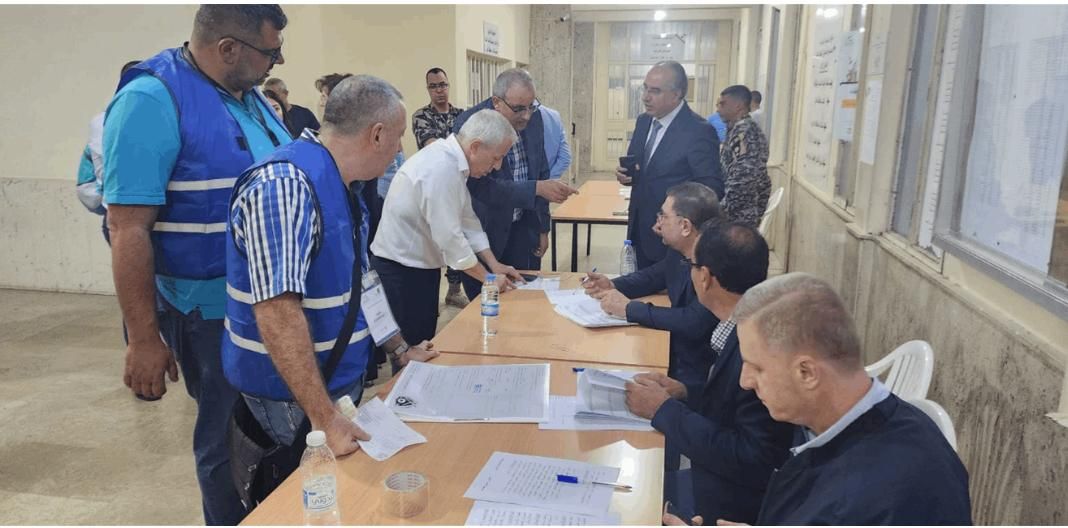
Municipal elections took place on Sunday in the governorates of North Lebanon and Akkar, shedding light on evolving political balances across both Christian strongholds and predominantly Sunni regions. Voter turnout in the North and Akkar reached an overall rate of 43.29%, with 37.25% in the North and 49.33% in Akkar specifically.
According to preliminary results, the elections highlighted key political dynamics in Christian areas such as Batroun, Zgharta and Bsharre, where electoral contests were particularly intense. Meanwhile, in Sunni-majority regions like Tripoli and Akkar, the vote reflected shifting allegiances in the absence of the Future Movement and amid the lingering regional effects of the Syrian conflict.
Tripoli Results Still Pending
In Tripoli, the capital of North Lebanon, even preliminary results had yet to be released by Sunday night, with apparent efforts to delay any disclosure until the official announcement by the Ministry of Interior. Voter turnout stood at a low 27%, signaling continued voter apathy, a trend also observed during the 2016 municipal elections. The absence of major figures like former Prime Minister Saad Hariri appeared to leave the field open for fragmented competition among several electoral lists.
Higher Turnout in Minyeh-Denniyeh
In the Minyeh-Denniyeh region, a predominantly Sunni area, voter turnout exceeded 50%, reflecting a stronger mobilization. However, results have not yet been fully reported.
Rise of the LF-Kataeb-Sovereigntist Alliance
In Christian areas of North Lebanon, the political momentum seen earlier in Mount Lebanon was reaffirmed. The alliance between the Lebanese Forces (LF), the Kataeb Party and independent candidate Majd Harb scored notable victories, especially in towns like Tannourine and Chekka. However, the Free Patriotic Movement (FPM) managed to retain a foothold in other areas such as Eddeh and Selaata.
In Zgharta, the Marada Movement maintained control over the town, fending off a competing list made up of opposition figures and independents. Yet, in several surrounding villages, the LF-Kataeb alliance, backed by Michel Moawad, gained ground.
In Bsharre and across its district, the Lebanese Forces retained their dominance, as widely expected. Meanwhile, in the Koura district, the election appeared to hinge more on family dynamics than on traditional party politics.
FPM Holds Ground in Akkar
In Akkar, where turnout hovered around 48%, early results from Christian areas indicated that the Free Patriotic Movement continues to hold influence, particularly through victories in mukhtar races. The region remains relatively favorable to the FPM, consistent with trends observed during the 2022 parliamentary elections. Results from Sunni-majority areas of Akkar are still pending on Monday, as is the case in Tripoli.
In an interview with the daily Al-Anbaa on Sunday, Minister of Interior Ahmad al-Hajjar stated, “The organization of the municipal and mukhtar elections was a true test for us. The state has proven that it is standing strong, respecting its constitutional deadlines and exercising its prerogatives.”
Regarding the elections in the North and Akkar, Hajjar affirmed that the start was positive, “Citizens exercised their democratic right freely.”
These elections not only reflect local political shifts but also hint at broader questions about leadership vacuums, voter engagement and the evolving landscape of Lebanon's fragmented municipal politics.




Comments